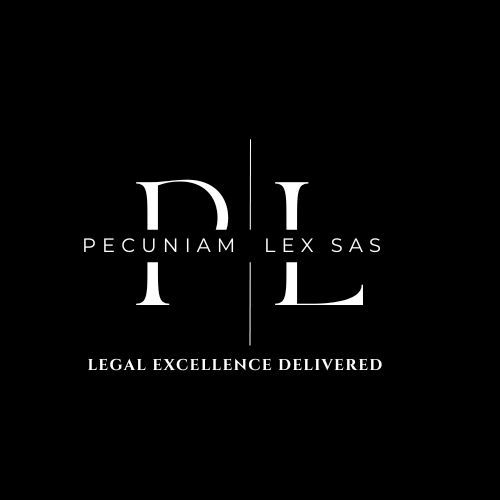Protecting Your Business: Understanding the Corporate Veil
Phillips J. Diaz-Vicioso LL.M.
January 20, 2019
The Night Watch (1642) by Rembrandt

In the realm of business, the term “corporate veil” plays a crucial role in defining the legal boundary between a corporation and its shareholders, directors, and officers. This fundamental concept not only affects how businesses are structured and operated but also offers a layer of protection that is vital for both the entities and individuals involved. For business owners, partners, and corporations, grasping the nuances of the corporate veil can mean the difference between safeguarding personal assets and facing potential personal liability.
The Concept of the Corporate Veil
At its core, the corporate veil refers to the legal distinction that separates a corporation as an independent entity from the people who own, manage, or are otherwise involved with it. This separation is what allows corporations to enter into contracts, acquire debts, and conduct business as individual entities, distinct from the personal lives of their shareholders and managers.
Who It Affects and Protects
The corporate veil primarily protects shareholders from being personally liable for the company’s debts and obligations. This means that, in most circumstances, creditors cannot pursue personal assets (like homes or personal bank accounts) of the corporation’s owners to settle business debts. Directors and officers also benefit from a degree of protection, provided their actions are within the bounds of their corporate roles and responsibilities.
Lifting the Veil: When and Why
There are specific situations where a court may decide to “pierce” or lift the corporate veil, effectively removing the separation between the business and its owners or managers. These situations typically involve:
- Fraud or wrongdoing: Utilizing the corporation to conduct fraudulent activities.
- Failure to maintain separate identities: Blurring the lines between personal and corporate finances or operations.
- Undercapitalization: Starting a company without adequate capital, potentially to dodge liabilities.
- Avoiding existing obligations: Forming a corporation to escape personal debts or legal responsibilities.
The decision to pierce the corporate veil is not taken lightly and is usually seen as a last resort to prevent injustice or the abuse of corporate protections.
The Importance of Legal Representation
Understanding the protections offered by the corporate veil and the circumstances under which it can be lifted is crucial for anyone involved in a corporation. However, maintaining these protections and navigating the complexities of corporate law demands proper legal representation. Experienced attorneys can ensure that your business adheres to necessary formalities and operates in a manner that maintains the integrity of the corporate veil.
Similarly, in situations where lifting the corporate veil becomes necessary—perhaps to seek justice or recover damages from a corporation that has acted irresponsibly or fraudulently—the expertise of seasoned legal professionals is invaluable. They can navigate the intricate legal landscape to argue why traditional protections should be set aside in the interest of fairness and accountability.
Why You Need the Right Experts
Whether you’re aiming to protect your corporate veil or find just cause to challenge it, the expertise of the right professionals is indispensable. For protection, this means legal advisors who can guide you in maintaining the clear separation required between your personal and business operations, ensuring compliance with all relevant laws and regulations. For lifting the veil, specialized legal experts are necessary to build a compelling case that meets the stringent criteria for such actions.
Conclusion
For business owners, partners, and corporations, the corporate veil is a critical concept that offers protection but also demands responsibility. Navigating the legalities surrounding this principle requires a clear understanding, vigilant management, and the right legal expertise to both safeguard against and, if necessary, pursue the lifting of the corporate veil. With the right approach and professional guidance, the integrity of your business structure can be maintained, providing peace of mind and stability in the ever-evolving landscape of corporate law.












